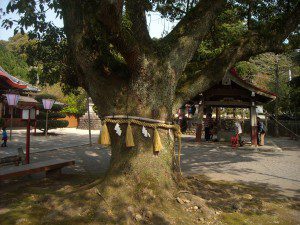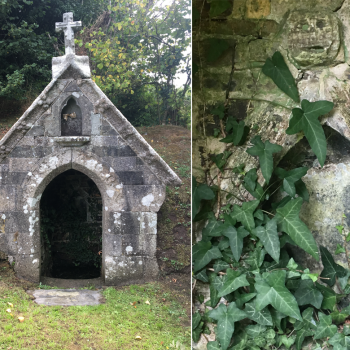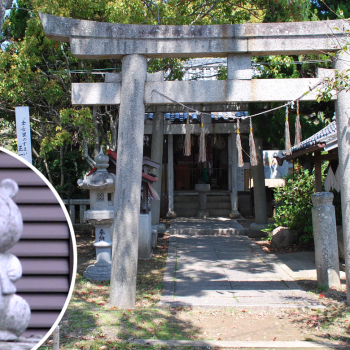
2. Its phonetic meaning is broad
The Japanese language is rich in homophones, and the word “kami” has several meanings depending on how it is written. The kanji for kami as in “deity” is written 神 , but the character for “up,” 上, can also be pronounced “kami.” So taken literally, kami can be translated as “that which is above myself.” Therefore, anything that is considered “higher” than one’s self (be it in literal size, power or nobility) could be considered kami, which is a definition that fits all kinds of deities from spirits in trees and mountains to a single omnipotent God.
(It’s interesting to note that “kami” also means “paper,” 紙, which has led some scholars to believe that paper was particularly revered in the days of old in Japan. This would certainly explain the ubiquitous use of paper in Shinto, as well as the art of origami, in which beautiful shapes are made from paper without cutting it.)
















